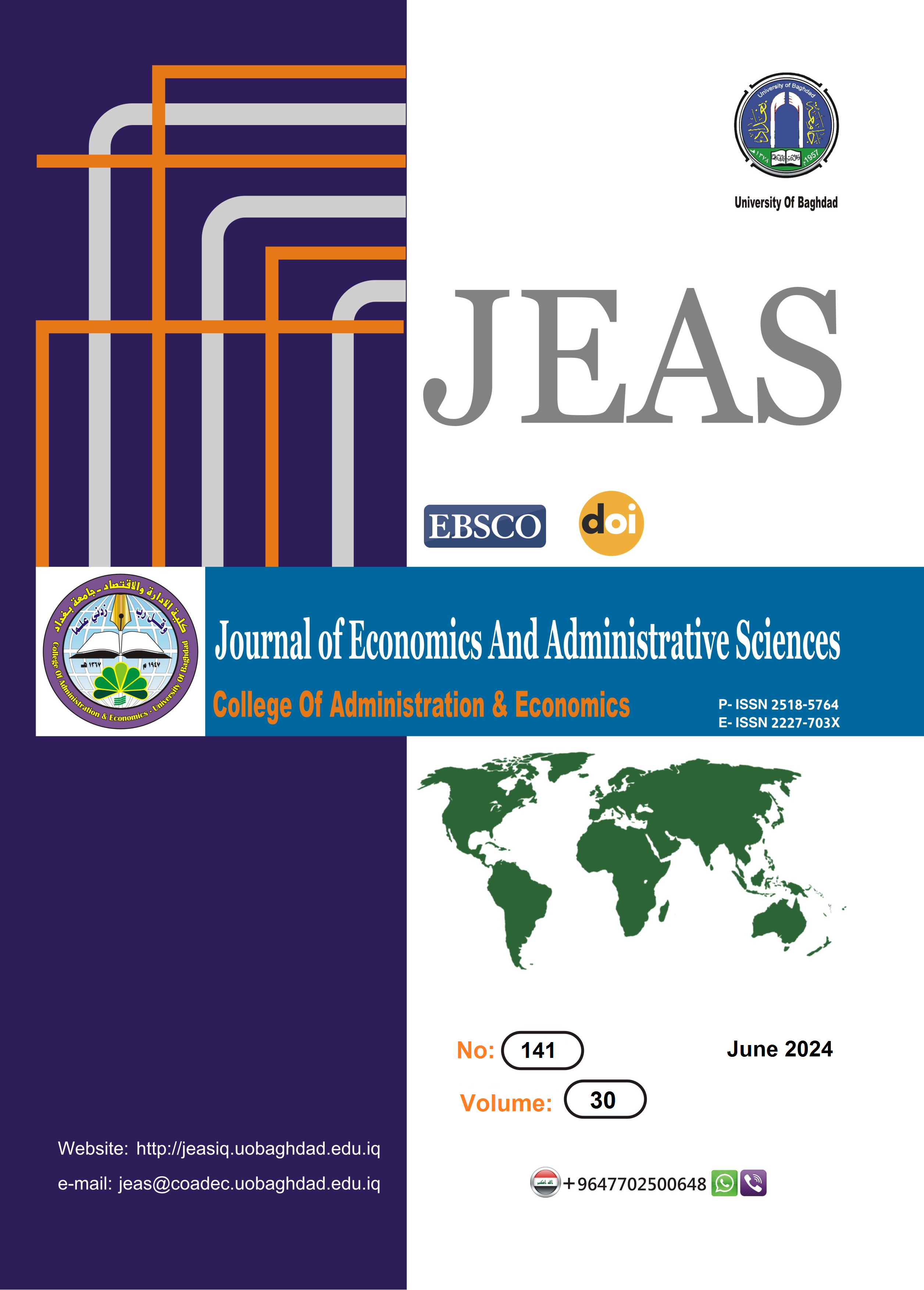Abstract
The world faced many communication challenges in 2020 after the Covid-19 pandemic, the most important of which was the continuation of schooling. Therefore, the research aimed to analyze the current reality of the studied universities in terms of strengths and weaknesses and measure the implementing level of quality requirements of e-learning. This research studies the impact of knowledge sharing in its dimensions (behavior, organizational culture, work teams, and technology) on the e-learning quality and its dimensions (e-learning management, educational content, evaluation and evaluation). After conducting the survey, there was a difference in the universities’ application of the quality requirements of e-learning, as the study was conducted in the engineering departments of Iraqi public universities (Al-Nahrain, Technology, and Iraqia). The questionnaire was tested as a measure of the research variables and the relationship between them by selecting a sample that included 52 administrators who were distributed among the leaders (deans of colleges and heads of quality assurance departments). The descriptive analytical approach was adopted, in addition to using some statistical methods for the two programs (SPSS v.25). The results of the research indicated that the universities included in the study applied knowledge exchange to a moderate degree, and the behavioral dimension ranked first, while the organizational culture, technology, and work teams were good. There is a statistically significant effect of knowledge exchange on the quality of e-learning, and it also indicated that knowledge sharing has a direct impact on the dimensions of e-learning.
Paper type Research paper
Paper type Research paper
Keywords
Cognitive Sharing
E-learning
E-Learning Qua
Abstract
The world faced many communication challenges in 2020 after the Covid-19 pandemic, the most important of which was the continuation of schooling. Therefore, the research aimed to analyze the current reality of the studied universities in terms of strengths and weaknesses and measure the implementing level of quality requirements of e-learning. This research studies the impact of knowledge sharing in its dimensions (behavior, organizational culture, work teams, and technology) on the e-learning quality and its dimensions (e-learning management, educational content, evaluation and evaluation). After conducting the survey, there was a difference in the universities’ application of the quality requirements of e-learning, as the study was conducted in the engineering departments of Iraqi public universities (Al-Nahrain, Technology, and Iraqia). The questionnaire was tested as a measure of the research variables and the relationship between them by selecting a sample that included 52 administrators who were distributed among the leaders (deans of colleges and heads of quality assurance departments). The descriptive analytical approach was adopted, in addition to using some statistical methods for the two programs (SPSS v.25). The results of the research indicated that the universities included in the study applied knowledge exchange to a moderate degree, and the behavioral dimension ranked first, while the organizational culture, technology, and work teams were good. There is a statistically significant effect of knowledge exchange on the quality of e-learning, and it also indicated that knowledge sharing has a direct impact on the dimensions of e-learning.
Paper type Research paper
Paper type Research paper
Keywords
Cognitive Sharing
E-learning
E-Learning Qua
